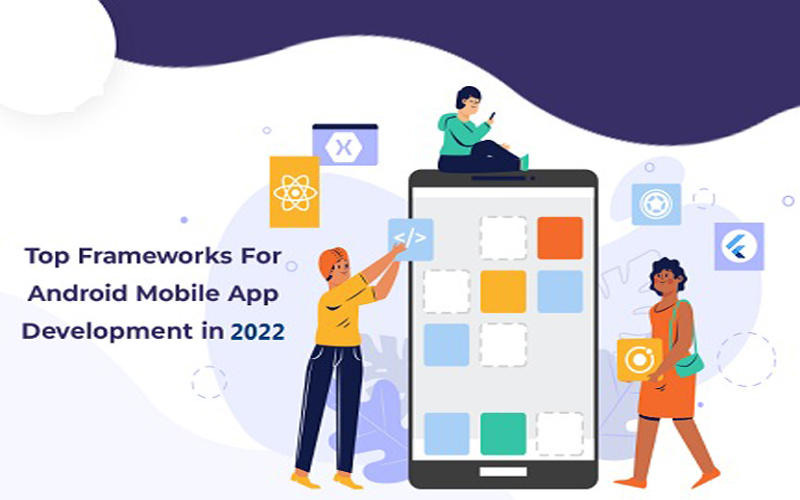Artificial Intelligence (AI) is the ability of a computer system to mimic human cognitive functions such as problem-solving solving. Using artificial intelligence, the computer system uses mathematics and logic to simulate how people think to learn new information and make decisions. AI is important because it can give companies information about their operations that they may not have been aware of before, and because in some cases.
AI can perform tasks better than humans. Especially when it comes to detail-oriented and repetitive tasks, such as analyzing a large number of legal documents to ensure relevant fields are filled out correctly, AI tools often get the job done quickly and with relatively few errors.
This contributed to explosive inefficiency and opened the door to entirely new business opportunities for some larger companies. Before the current wave of AI, it would have been hard to imagine using software to connect riders to taxis, but today Uber has done it. Become one of the largest companies in the world. It uses sophisticated machine learning algorithms to predict when people in specific areas are likely to need transportation, helping drivers proactively get on the road before they're needed.
As another example, Google has become one of the biggest players in a variety of online services by using machine learning to understand how people use its services and then improve them. In 2017, the company's CEO, Sunder Pichai, stated that Google would operate as AI first company.
Types of Artificial Intelligence-
Type 1: Reactive machines- These AI systems have no memory and areTask-specific. An example is Deep Blue, IBM's chess program that defeated Garry Kasparov in the 1990s.
Deep Blue can identify pieces on the chessboard and make predictions, but since it has no memory, it cannot use past experiences to inform future ones.
Type 2: Limited memory- These AI systems have a memory so they can use past experiences to make future decisions. Some of the decisions making functions in autonomous cars are designed like this.
Type 3: Theory of mind.- Theory of mind is a term used in psychology. When applied to AI, it implies that the technology would be socially intelligent enough to recognize emotions. This kind of AI will be able to predict behavior and infer human intentions, which is a skill required for AI systems to become essential members of human teams.
Type 4. Self Awareness - In this category, AI programs are conscious because they have a sense of who they are. Self-aware machines are aware of their own conditions. There is currently no such AI.
Tools of Artificial Intelligence
1. Scikit Learn
This is one of the most used libraries in the machine-learning community. A few factors make it a must-have library for developers, such as B. Cross-validation, feature extraction, supervised learning algorithm, etc. However, it runs on a single processor. This library is based on SciPy which includes Numpy, Matplotlib, Pandas,
Sympy, IPython, and SciPy. It focuses on data modeling, not data manipulation.
2. Flow tensor
Currently, TensorFlow is the most researched deep learning library. This Google machine learning platform is an open-source library compatible with Python. It is one of the best AI development tools to facilitate numerical calculations and make future predictions much easier and more accurate. But how? Instead of getting bogged down in complex algorithms, programmers can con the logical part of the application. Tensor Flow takes care of everything that happens in the backend. The tool allows developers to build neural networks and create graphical visualizations with the Tensor board.
3. Py Torch
Next in the AI ??tools competition is Py Torch, which is also based on Python. This is similar to TensorFlow in terms of the type of projects selected. However, if faster development is a priority, PyTorch is a better choice. Tensor Flow disappears when the project involves larger and more complex projects.
4. CNTK
Microsoft Cognitive is also based on principles similar to TensorFlow, but not as easy to implement. It offers a wider range of APIs such as Python, Java, C, and C++ and mainly focuses on building deep learning neural networks.
5. Auto ML
This is one of the best AI tools available to machine learning engineers. Automate the processes involved in articulating the actual problem using machine learning techniques. This helps the data scientist focus on mundane and repetitive tasks like modeling to solve current problems. The tool has paved the way for machine learning for everyone, as someone without much ML experience can easily navigate the field.
Advantages and Disadvantages of Artificial Intelligence
Advantages
- Good at detail-oriented jobs;
- Reduced time for data-heavy tasks;
- Delivers consistent results; and
- AI-powered virtual agents are always available.
Disadvantages
- Expensive;
- Requires deep technical expertise;
- Limited supply of qualified workers to build AI tools;
- only knows what it's been shown; and
- Lack of ability to generalize from one task to another.





















 website development.png)











0 Comments
No comment